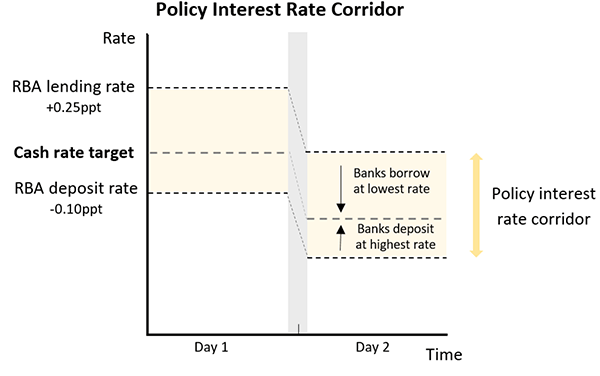There are several meanings for a floor in finance.
Floor rate meaning in banking.
Ceiling refers to the highest price the maximum interest rate or the largest of some other factor involved in a transaction.
2 a guaranteed lowest level for an interest rate.
With the recent changes we know that some banks are using a floor assessement rate as low as 5 30 previously most banks used 7 25.
An interest rate floor is an agreed upon rate in the lower range of rates associated with a floating rate loan product.
For example an adjustable rate mortgage may have an interest rate floor stating that the rate will not go below 3 5 even if the formula used to calculate the interest rate would have it do so.
It is the opposite of an interest rate floor.
An interest rate ceiling is the maximum interest rate permitted in a particular transaction.
What is a floor.
The maximum level permissible in a financial transaction.
Interest rate floors are utilized in derivative.
1 the lowest acceptable limit by controlling parties.
They are most frequently taken out for periods of between 2 and 5 years although this can vary considerably.
Assessment rates or floor rates aren t known to the general public so it can be very easy for applicants to fail the bank s serviceability test.
The minimum interest rate that may be charged on a contract or agreement.
This change in rate helps determine the ease of.
The interest rates on various credit products such as credit cards car loans and adjustable rate mortgages fluctuate based on the interbank rate.
A floor may refer to.
That s because banks don t advertise them.
An interest rate cap is a derivative in which the buyer receives payments at the end of each period in which the interest rate exceeds the agreed strike price an example of a cap would be an agreement to receive a payment for each month the libor rate exceeds 2 5.

